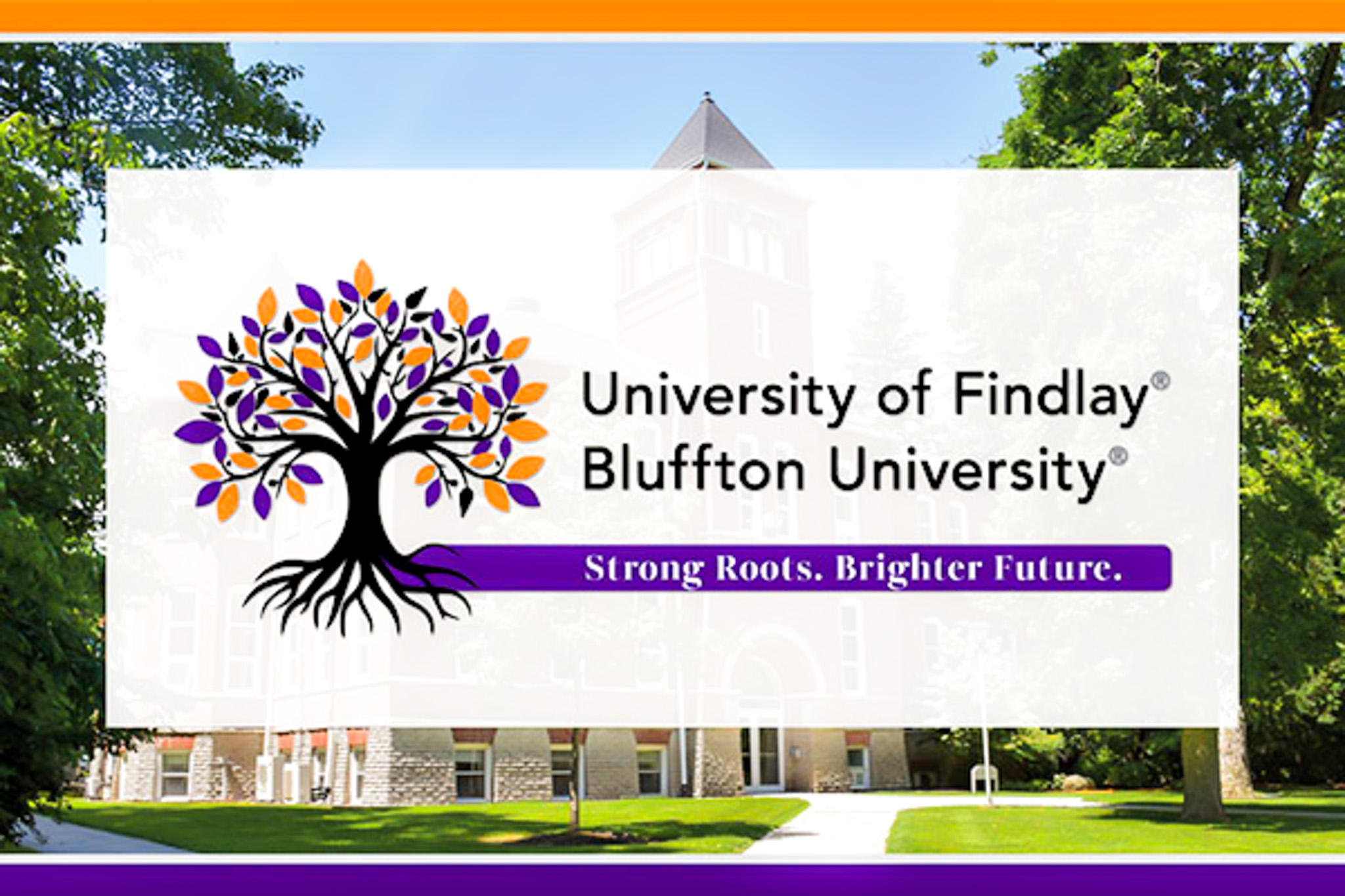Bluffton University’s planned merger with University of Findley was called off in late February, after the Findlay Board of Trustees voted to not proceed with the joint application to the Higher Learning Commission. Bluffton University is a private Mennonite university in Bluffton, Ohio. Like Goshen College, it is affiliated with Mennonite Church USA.
The initial proposal would have merged both institutions into one, while still maintaining two campuses. The initial press release said that one goal was to “innovate in response to the changing climate of higher education while honoring individual campus traditions.”Both schools would have maintained their church affiliations, (Bluffton with the Mennonite church and Findley with the Churches of God, General Conference) as well as their athletic teams. Bluffton would continue to compete in NCAA division III, while Findley would remain in division II.
However, this plan will not come to fruition, as it was called off less than a month ago. The Record spoke to several students at Bluffton University, to get a sense of how students are feeling in the wake of the decisions.
Dylan Woods is a sophomore nursing major who currently serves on the Bluffton Student Senate, where he is a representative and president-elect for next year.
Woods said that when the news of the canceled merger first broke, everyone was “just wondering what the heck is going on.”
The day before the merger fell through, Dr. Jane Wood, president of Bluffton University, resigned. Dr. J. Alexander Sider was announced as acting president starting immediately.
Woods said that the news came right before spring break, which meant that everyone went a week without any information, but that Sider started getting involved immediately after the break.
“[Sider] had a meeting with any student who was interested to talk about what’s going on,” Woods said. “Since that meeting … I guess the feeling on campus is relatively good. We weren’t extremely excited about the merger, but now it’s sort of just back to how it was before the announcement of the merger.”
Logan Daugherty, a sophomore biology and chemistry double major, said that while some of Bluffton’s “more pessimistic people” were catastrophizing a bit, he never really believed that Bluffton would be “gone within a year.”
Daughtery said, “I would definitely say that after the meeting that [Sider] had, at the very least, it gave the idea that the current administration is going to be a little bit more transparent, and a little bit more communicative with the students, which I think a lot of the student body appreciates.”
Jenna Melroy, a sophomore graphic design and Spanish double major, noted that there were some perks to a potential merger, but still some dissent among the student body.
“If there were classes [at Bluffton] that were totally full, they could take the same class at Findley without having to completely change their schedules,” Melroy said. “I think a lot of the student athletes did not want to merge just because they couldn’t see how a Division III and a Division II school could successfully merge their athletics together.”
Amidst other points of concern, all three Bluffton students noted worries that Bluffton would lose its campus culture and identity in the merger.
Daugherty was excited about the merger because of the potential to free up some scheduling restrictions with classes he had to take. However, the process of getting from one campus to the other without a car was unclear.
“There was [sic] definitely some logistical concerns that now I’m glad that we don’t have to worry about anymore.”
In the spring of 2024, in a move separate from the merger, Bluffton eliminated their music department. A potential merger with Findley offered hope for students who wanted to participate in music ensembles.
Melroy has participated in a summer band program, directed by faculty from Findley over the last four years. When the merger started, the director reached out to Melroy.
“He was talking to me about welcoming Buffton students to their band and choir programs,” said Melroy. “It sounded really helpful until there was no more merger. So right now the students are still left with no music options on campus.”
While the future is technically unknown, there is a sense of hope among some Bluffton students that the new administration can find a way forward.
Melroy said, “I talked to a couple different faculty members … and they seem to have the sense that Bluffton can have one year of creating a unique personality to this campus that doesn’t have to be decided by a merger board or anything.
“That can really help Bluffton grow even further. So I think that faculty and staff are very hopeful.”



